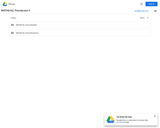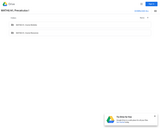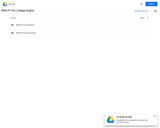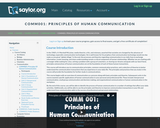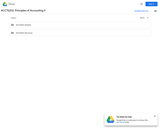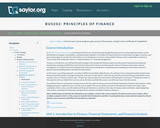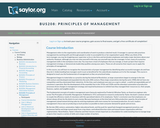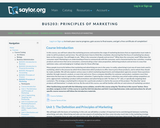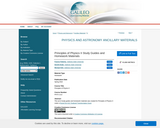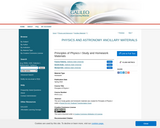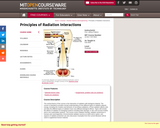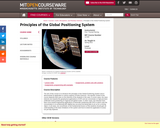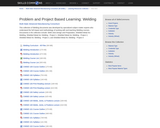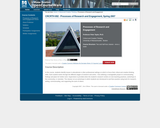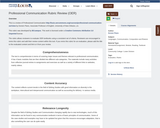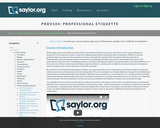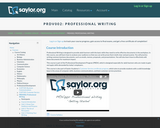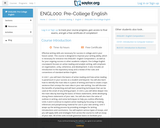
This course is designed to help the student improve his or her writing ability, which is necessary for ongoing success in all academic subjects. Coursework focuses on critical reading and analytic writing in response to readings with emphasis on organization, unity, coherence, and adequate development; an introduction to the expository essay; and a review of the rules and conventions of standard written English. Upon successful completion of this course, the student will be able to: recognize organizing principles, including the relationship between sentences; outline the relationships between main ideas and subordinate ideas within assigned readings; write analytical paragraphs in response to readings; recognize main and secondary points, making somewhat fine distinctions; make simple deductions from a series of facts; use punctuation correctly; demonstrate sound principles of reading critically; craft short essays employing a variety of organizational patterns; narrow a topic, write a clear and focused thesis statement, and create an outline with main and subordinate ideas; support the thesis statement with sufficient appropriate primary and secondary points and details; craft appropriate introductions and conclusions; use transitional words and expressions and employ a variety of sentence patterns to improve coherence; proofread to eliminate spelling and usage errors. This free course may be completed online at any time. It has been developed through a partnership with the Washington State Board for Community and Technical Colleges; the Saylor Foundation has modified some WSBCTC materials. (English 000)
- Subject:
- Arts and Humanities
- Material Type:
- Assessment
- Full Course
- Homework/Assignment
- Reading
- Syllabus
- Provider:
- The Saylor Foundation
- Date Added:
- 04/29/2019
